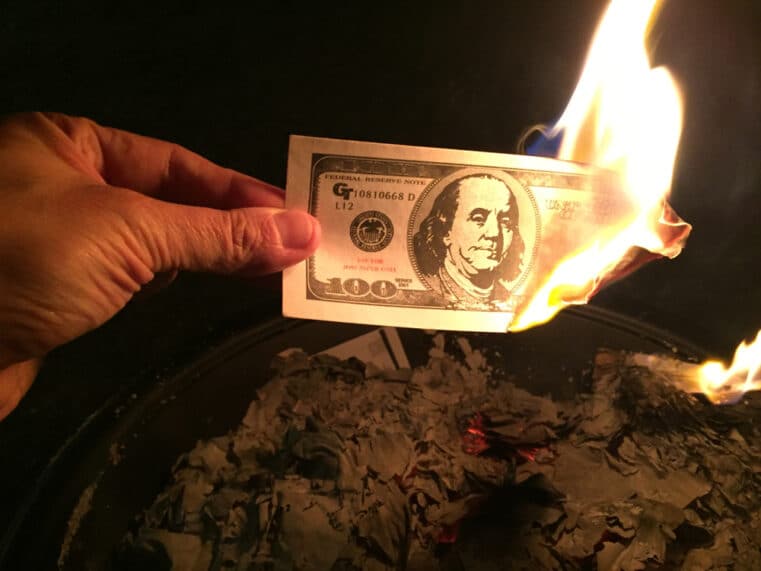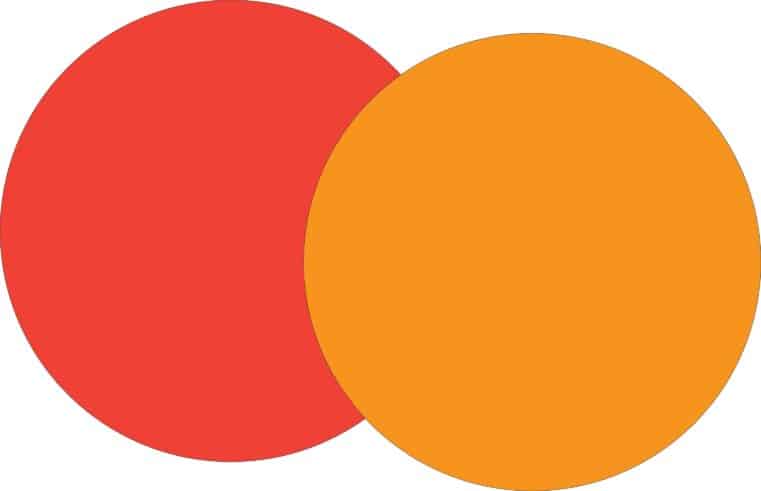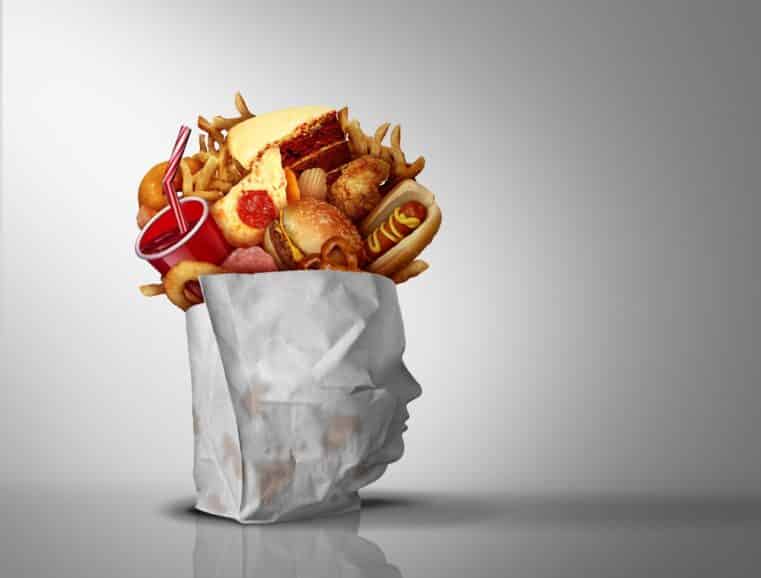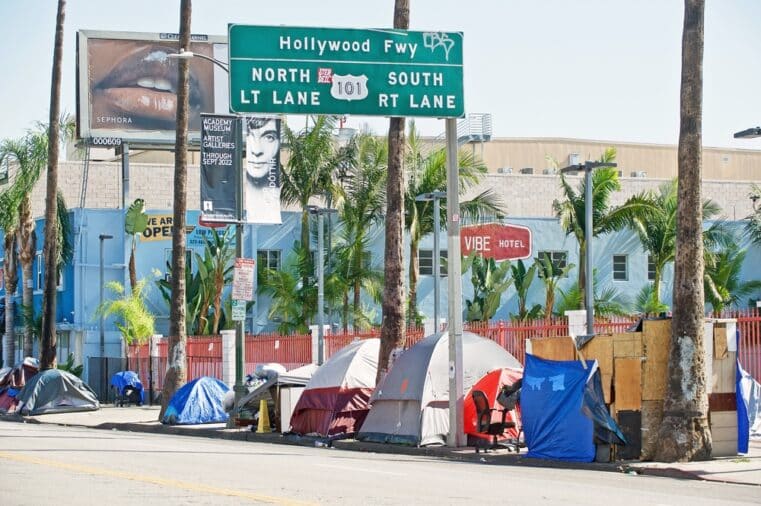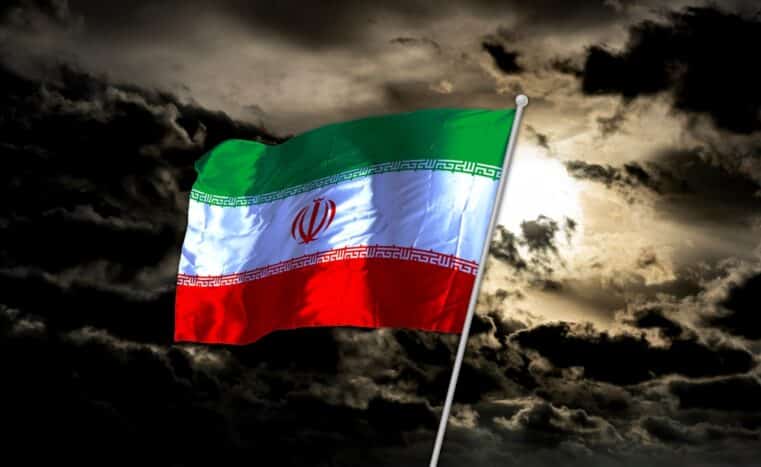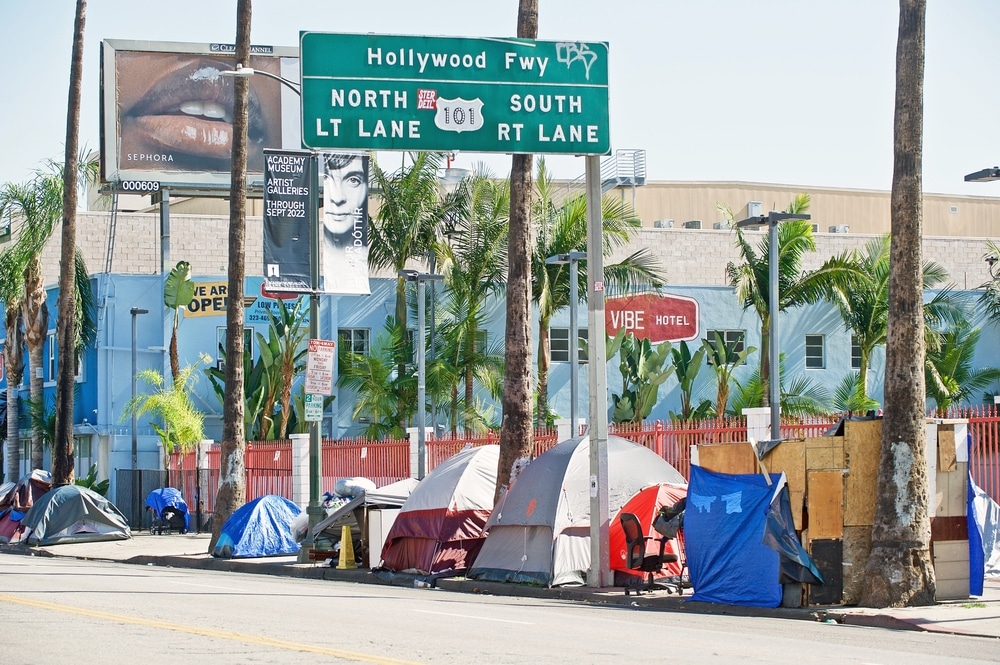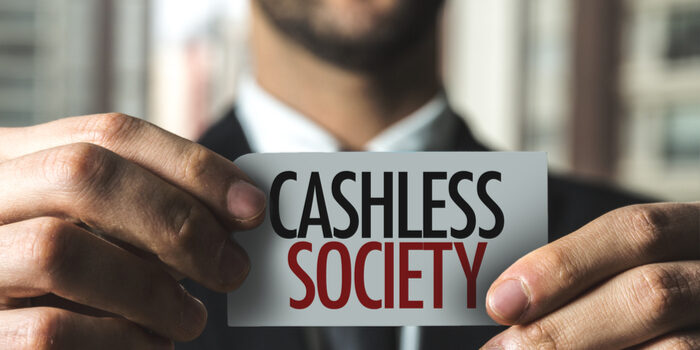
Bank of America CEO Envisions a Cashless America
For some people, cash signifies transactional freedom. No entity to monitor what you buy, when you buy, or how much you have. No entity can easily and conveniently charge you on the amount you carry.
Transactional freedom is one important aspect of individual freedom, the core foundation upon which the idea of America had been founded. Freedom, plain and simple.
The only kind of entity that would oppose this is a government that seeks tighter controls over its citizens. And of course, banks willing to generate profit at the expense of its clients’ freedoms.
But who’s paying attention? Most Americans want convenience, and under its guise, the War on Cash marches on.
We are slowly but surely moving closer and closer to becoming a totally cashless society. And while most people believe this to be an overall positive advancement, the question remains, who benefits most?
Well, this week, Bank of America CEO Brian Moynihan helped to answer that question.
He said, “we want a cashless society,” and went on to add that Bank of America has “more to gain than anybody” from the booming trend of non-cash transactions.
In fact, the biggest banks and corporations in the world are embracing a cashless society and digital transactions.
And why not? We are obviously heading full steam ahead in that direction--a digital society, where efficiency, speed, and convenience are attributes in high demand across virtually every aspect of daily life.
Cash still makes up the biggest percentage of individual transactions. Just about a third of all transactions are cash and more than half of all transactions under $10 are cash according to a 2018 San Francisco Federal Reserve report.
However, when you take all the digital monetary dealings together, it forms more than half of all financial transactions.
The other half is comprised of electronic payment systems such as PayPal, Venmo, and Zelle (Bank of America’s digital payment system) and even some emerging systems like cryptocurrencies.
The use of these electronic systems does make payment quicker and easier at times but it takes the profits from the money away from individuals and gives it to the corporations.
When you have cash that sits in a bank account, you gain interest on it. When your money sits in an online payment network or a digital wallet like PayPal or Zelle, the companies use inactive money to earn active interest.
This trend will only continue to grow. According to a 2018 study by BNP Paribas and Capgemini, non-cash transactions are predicted to increase at a growth rate of 12.7%, compounded annually through 2021.
The sheer amount of financial transactions that these numbers foretell means that the companies processing those transactions (like Bank of America) will reap a huge reward.
And it is not just businesses that are adding to this trend. Entire countries like Sweden and Puerto Rico have gone in this direction as well.
While it has worked out relatively well in Sweden (even though it has made it more difficult for the poor to conduct transactions), what happened in Puerto Rico has illustrated some of its flaws.
The Puerto Rico government has implemented policies over the course of the last few years that has taken the American territory in the direction of being a cashless society.
These policies ran into trouble when hurricanes’ Irma and Maria caused major damage to the electronic infrastructure and made it impossible to get cash and make transactions.
These are just examples of a few of the issues we face as we transition to a cashless society.
There are even more when you consider what this means for personal privacy and cybersecurity.
The Bank of America CEO summed the trend up this way though, saying that banking “has moved digitally and it will continue to move that way. It’s just figuring out how to add the value.”
Well, they already have found some ways to add value. Going into their own pockets. And at your expense.



